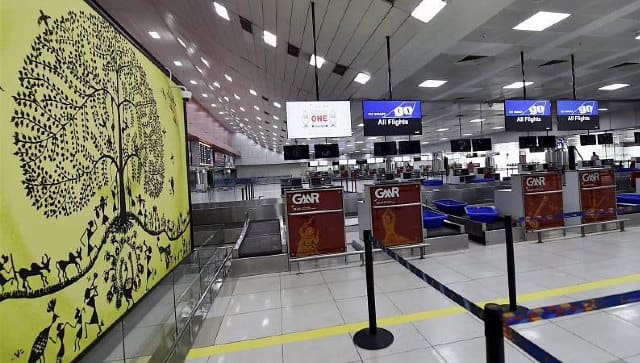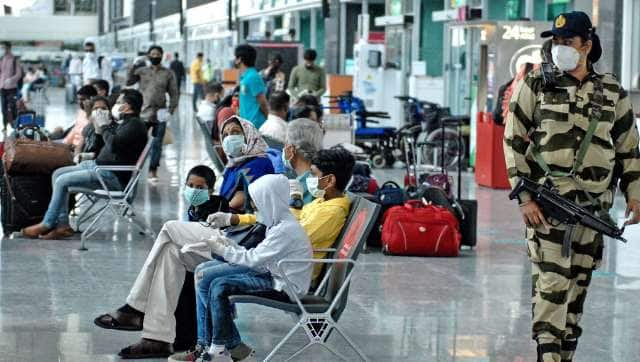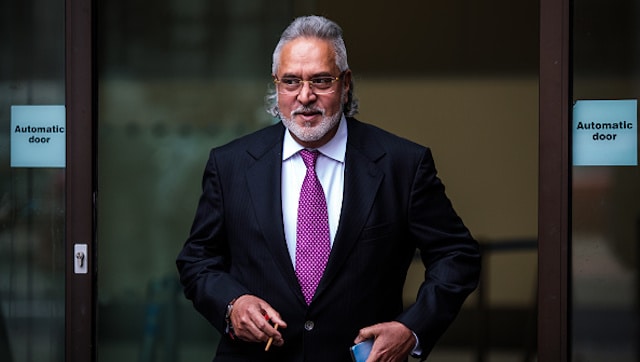The Centre has made it mandatory for airlines to share details of international passengers with Customs 24 hours prior to the departure of flights. Airlines at present are required to share passenger information limited to name, nationality and passport detail in advance with the immigration authorities. The government had proposed the requirement of airlines sharing PNR details of passengers 24 hours in advance in the Union Budget for 2017 but a formal process for communication of the passenger data has only been formalised now with the notification issued on Monday. With this, India has joined 60 other countries that collect PNR details of international passengers. Let’s take a closer look at what the notification said and why this is happening: What did the notification say? Airlines will have to mandatorily share PNR details of passengers with customs authorities 24 hours prior to departure of international flights, a move which will help prevent law offenders from fleeing the country. The Central Board of Indirect Taxes and Customs under the finance ministry, on 8 August had notified the ‘Passenger Name Record Information Regulations, 2022’, which aims at “risk analysis” of passengers to prevent economic and other offenders from fleeing the country as well as check any illicit trade such as smuggling. [caption id=“attachment_10872221” align=“alignnone” width=“640”]  Representational image. PTI[/caption] “Every aircraft operator shall transfer passenger name record information not later than 24 hours before the departure time; or at the departure time – wheels off,” the regulator said, adding the information would be retained in the customs systems for up to five years. Why is this happening? The Central Board of Indirect Taxes and Customs (CBIC) on Wednesday said the move is meant to check smuggling and they strike a balance between need for privacy and security, as per Mint. “These regulations are meant to enhance detection, interdiction and investigative capabilities of Customs Authorities using non-intrusive techniques for combating offences related to smuggling of contraband such as narcotics, psychotropic substances, gold, arms and ammunition that directly impact national security. This mechanism is being widely used by border management agencies of several administrations," the tax authority statement read. The information, which will include passengers’ names, contact details and payment details, will be used by the customs department for improved surveillance and risk assessment of passengers entering or leaving the country, as per a finance ministry notification. “The objective is to collect advance information on passengers for better risk profiling. Immigration data is available only after the arrival or departure of passengers,” a senior CBIC official told Indian Express. What info will be shared? The information to be shared by airline companies for both inbound and outbound international flights include the name of the passenger, billing/payment information (credit card number), date of issue of ticket as well as intended travel, and names of other travellers in the same PNR, travel itinerary for the PNR, contact details like email id, mobile number, details of travel agency, baggage information and code share information (when one airline sells seats on another air carrier’s flight). “Every aircraft operator shall transfer the passenger name record information… of passengers they have already collected such information in the normal course of business operations, to the designated customs systems,” the regulator said, adding every aircraft operator will have to seek registration with customs for its implementation.
Aircraft operators would have to pay a penalty of a minimum of Rs 25,000 and a maximum of Rs 50,000 for every instance of non-compliance.
How will information be secured? ‘The National Customs Targeting Centre-Passenger’, set up by the CBIC, will process information for the prevention, detection, investigation and prosecution of offences under the Customs Act and also for the law enforcement agencies or government departments or any other country, it said. With regard to sharing of information with other law enforcement agencies or foreign states, the regulator said that the National Customs Targeting Centre-Passenger may share the relevant information on a “case-to-case basis” with other law enforcement agencies or government departments of India or any other country. [caption id=“attachment_10697191” align=“alignnone” width=“640”]  Representational image. ANI/FILE[/caption] “There will be an extensive independent system and security audit on an annual basis, to prevent any misuse of the passenger’s name record information”, the regulator added, as per Hindustan Times. It further stated that the passenger information collected by customs will be subject to strict information privacy and protection, in accordance with the applicable law. As per Indian Express, after the five-year period the information will be “disposed of by depersonalisation or anonymisation through masking out the relevant information which can serve to identify directly the passenger to whom the passenger name record information relates, provided that such depersonalised or anonymised information may be repersonalised or unmasked when used in connection with an identifiable case, threat or risk for the specified purposes”. What do airlines say? Airline officials, speaking to Indian Express, said the move creates a standardised process of passenger data sharing with the Customs department given that non-standard requests for passenger data could potentially lead to privacy infringements. The International Air Transport Association (IATA) – a trade body representing global airlines – had earlier this year written to the Ministry of Civil Aviation flagging non-standard requests raised by law enforcement and investigative authorities for seeking passenger details, as per the report.
Analysts said this was to prevent bank loan defaulters from fleeing the country to avoid prosecution.
According to information furnished by the government in Parliament, a total of 38 economic offenders, including Nirav Modi, Vijay Mallya and Mehul Choksi, fled the country in the last five years. [caption id=“attachment_8929961” align=“alignnone” width=“640”]  File image of Vijay Mallya. PTI[/caption] Industrialist and former MP Vijay Mallya left the country on 2 March, 2016, the day a clutch of public sector banks moved the Debt Recovery Tribunal to recover Rs 9,000 crore unpaid dues to his now-defunct Kingfisher Airline. Mehul Choksi, one of the prime accused in the alleged over Rs 13,000-crore PNB loan fraud case, too fled to Antigua and Barbuda just as ED and CBI zeroed in on him. KPMG in India, partner, Indirect Tax, Abhishek Jain said the objective of said regulation is to obtain relevant passenger data for risk analysis to proactively prevent, detect, investigate or prosecute offences under the customs law or any other domestic or international law. “The onus of timely collecting and sharing such information has been put on the airline operators. Further, while strict privacy guidelines have been stipulated under the said regulations, the government should ensure that the same are duly enforced to prevent unauthorised usage,” Jain added. With inputs from agencies Read all the Latest News , Trending News , Cricket News , Bollywood News , India News and Entertainment News here. Follow us on Facebook, Twitter and Instagram.


)

)
)
)
)
)
)
)
)



